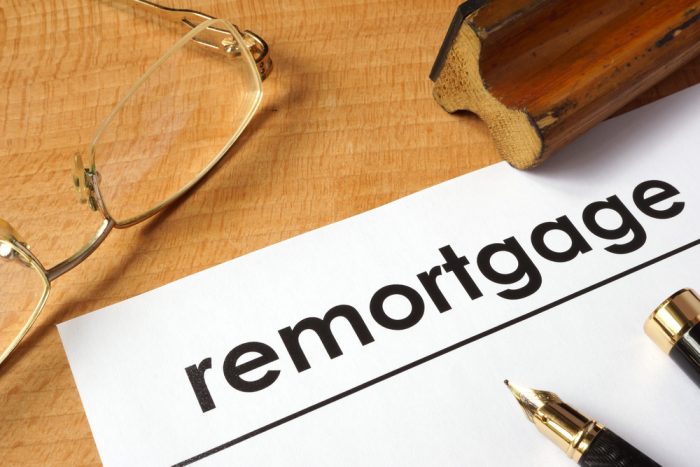How To Divide Your Home And Mortgage During A Divorce
Going through a divorce is rarely an enjoyable process. For most people, ending a marriage can be an incredibly upsetting time and one that’s worsened by the stress of separating joint assets and belongings.
If you own a home together, the separation can be made that little bit more difficult. Here’s our guide on what happens to your mortgage if you go through a divorce.
Share this…
Talk to us
If you're unsure and need some advice just give us a call, our expert team of advisers are available to help you choose the mortgage that is right for you.
TaylorMade Finance Ltd is authorised and regulated by the Financial Conduct Authority (FCA Registration Number 669968). Company Registration Number 06742859
Complaints:
In the event that you wish to complain, you can contact us by email, telephone or letter.
Our address for this is:
Complaints Officer, TaylorMade Finance Ltd, 4 Church Road, Urmston, Manchester, M41 9BU. Our email address is info@taylormade-finance.co.uk and our telephone number is 0161 776 1089. We will then investigate the issues raised and inform you of our findings. Should you be unhappy with the resolution to your complaint you may contact the Financial Ombudsman Service, who can be contacted at the following address: Financial Ombudsman Service, Exchange Tower, London, E14 9SR.
Email: complaint.info@financial-ombudsman.org.uk
Phone: 0800 0234 567
https://www.financial-ombudsman.org.uk/
Your mortgage will be secured against your property.
Your home may be repossessed if you do not keep up repayments on your mortgage.
Our fee for this service is 1.95% of the mortgage balance (minimum £1,295 to a maximum of £2,995 although reduced to maximum £1,995 without debt consolidation). Typically this will be £1,995.

